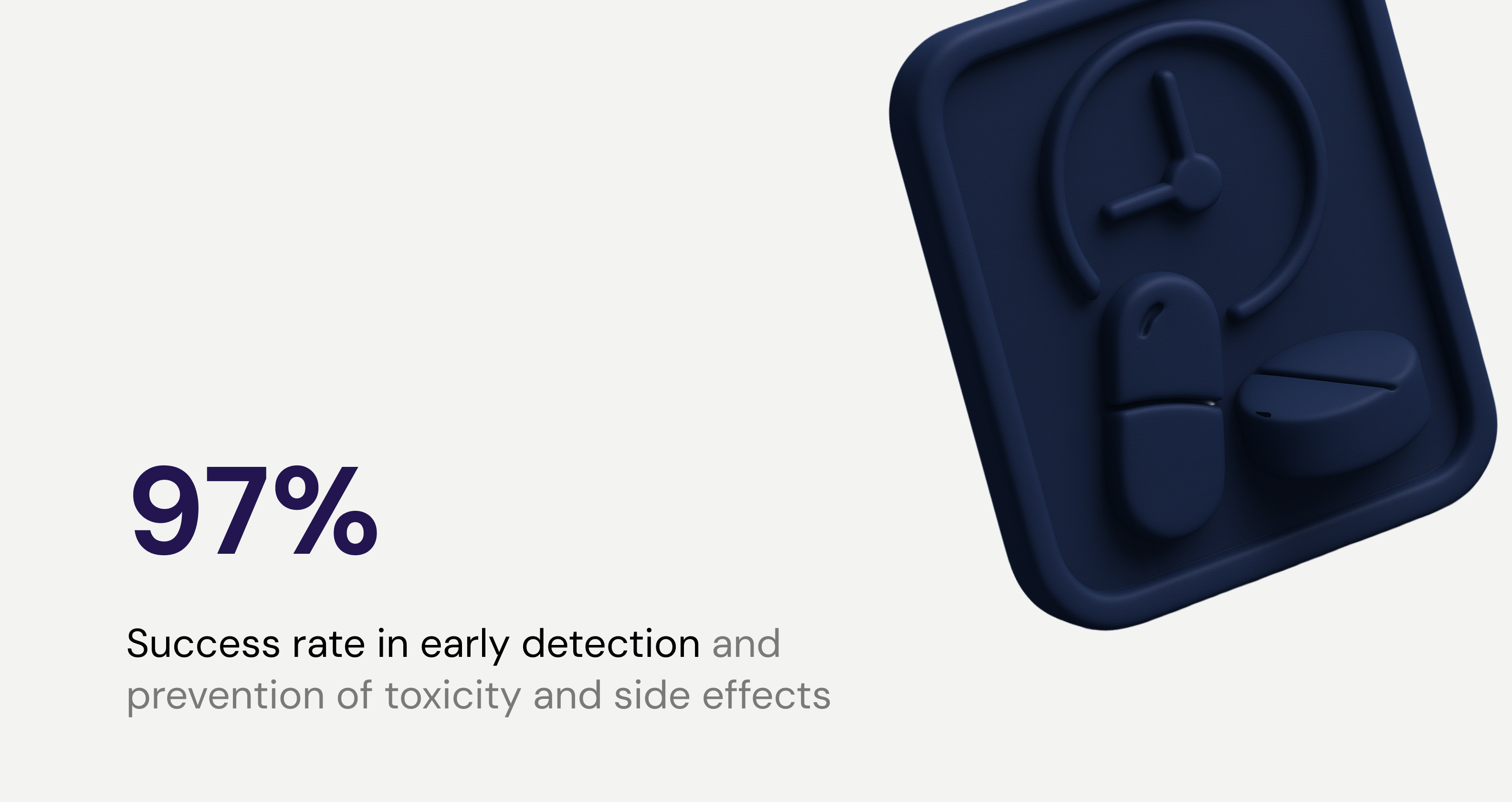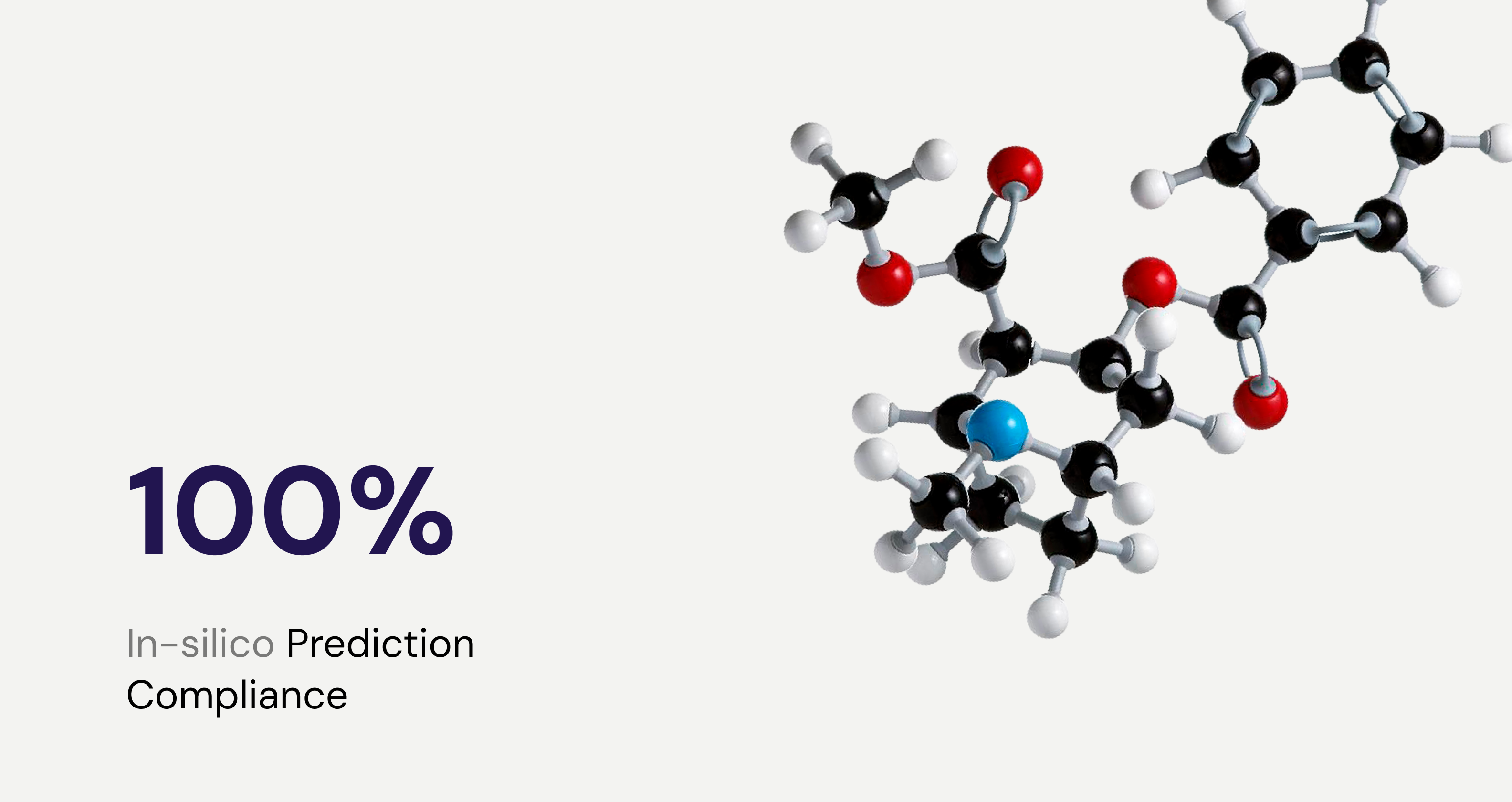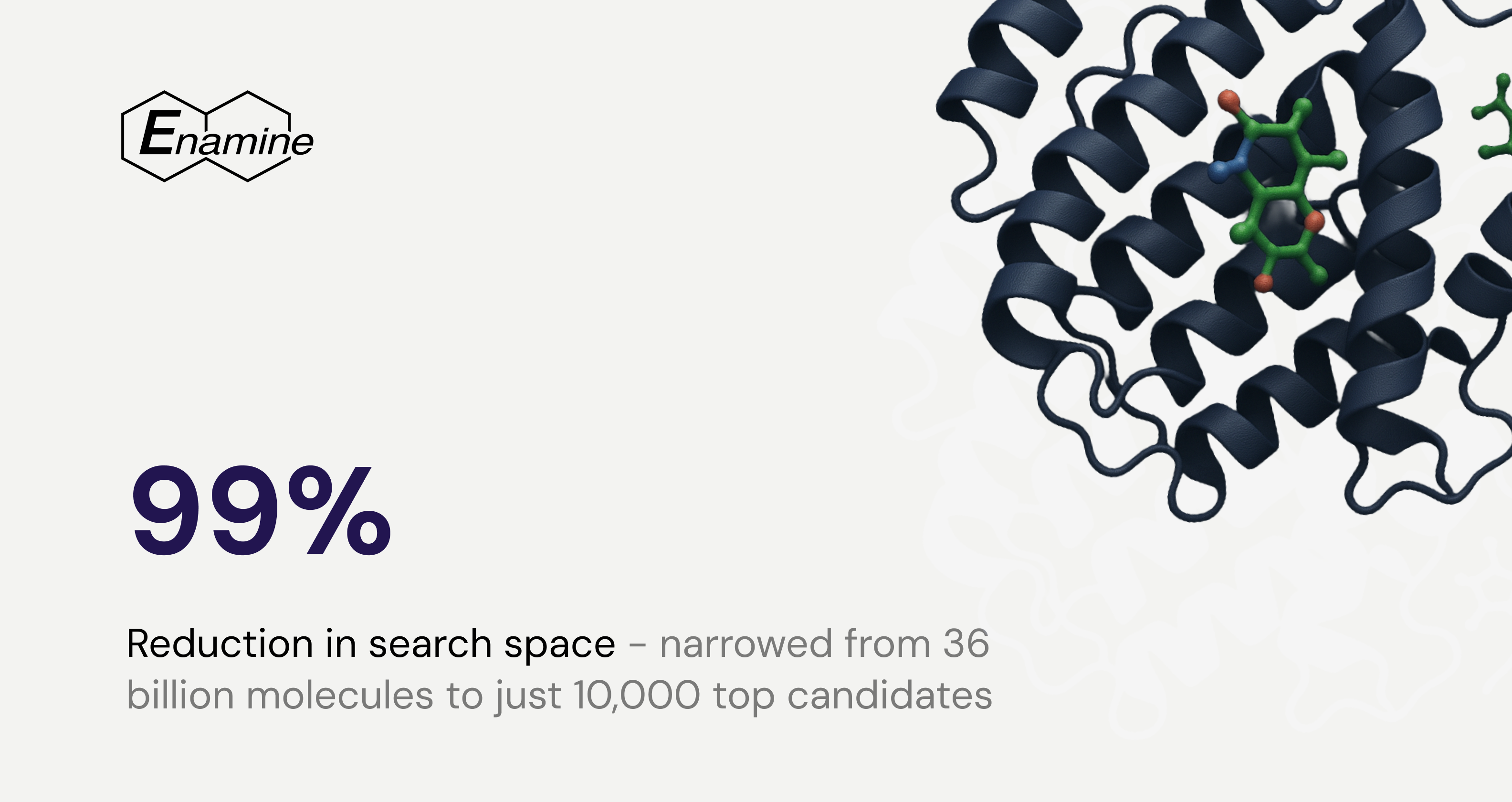The study aims to enhance the survival of probiotic cells immobilized in a modified sodium alginate gel after low-temperature storage. The probiotic strains used in the study include bifidobacteria, lactobacilli, lactococci, and the yeast Saccharomyces cerevisiae (var S. boulardii). The focus is on understanding the effects of sugar-modified alginate on the viability of these probiotic strains when stored at low temperatures, likely under cryopreservation or refrigeration conditions.
Takeaways:
- Sugar-modified Alginate Gel: The study investigates how modifying the sodium alginate gel with sugar affects the survival of immobilized probiotic strains. The modification with sugar could potentially improve the gel’s properties by enhancing its stability, hydration, or thermal properties, which in turn could protect the probiotic cells from damage during low-temperature storage.
- Probiotic Strains Studied: The study covers a diverse group of probiotic strains, including bifidobacteria, lactobacilli, lactococci, and Saccharomyces cerevisiae (var S. boulardii). This diversity allows for a broader understanding of how sugar-modified alginate affects different types of probiotics, which may have varying sensitivities to temperature changes and storage conditions.
- Impact on Viability: One of the key objectives of the study is to determine how sugar-modified alginate gel influences the survival rate of the immobilized probiotic cells after being subjected to low-temperature storage. Low temperatures are commonly used in storage to preserve probiotics, but freezing or refrigeration can cause stress to cells, leading to reduced viability. The modification with sugar may provide additional protection against such stresses, improving the survival rate post-storage.
- Low-Temperature Storage: The study focuses on low-temperature storage, which could include conditions like freezing or refrigeration. These methods are often used for storing probiotics to extend shelf life, but they can cause cellular damage due to ice formation, dehydration, or osmotic stresses. By modifying the alginate gel, the researchers hope to mitigate these issues and enhance the survival of the probiotics under such conditions.
- Sugar Modification Benefits: Sugar-modification could potentially improve the protective capacity of the alginate gel by altering its mechanical properties or increasing its ability to retain moisture. The gel might also help in preserving the structure of the probiotics, allowing them to recover more effectively after storage.
- Applications: The findings are highly relevant to industries focused on probiotic delivery systems, including food, pharmaceuticals, and supplements. By improving the storage stability of probiotics, this research could lead to more effective and long-lasting probiotic products.
- Future Research: Further studies could explore the exact mechanisms through which sugar-modified alginate affects probiotic cell viability. Additionally, testing different sugar modifications and combinations with various probiotic strains could help optimize the preservation of probiotics across various storage conditions.








